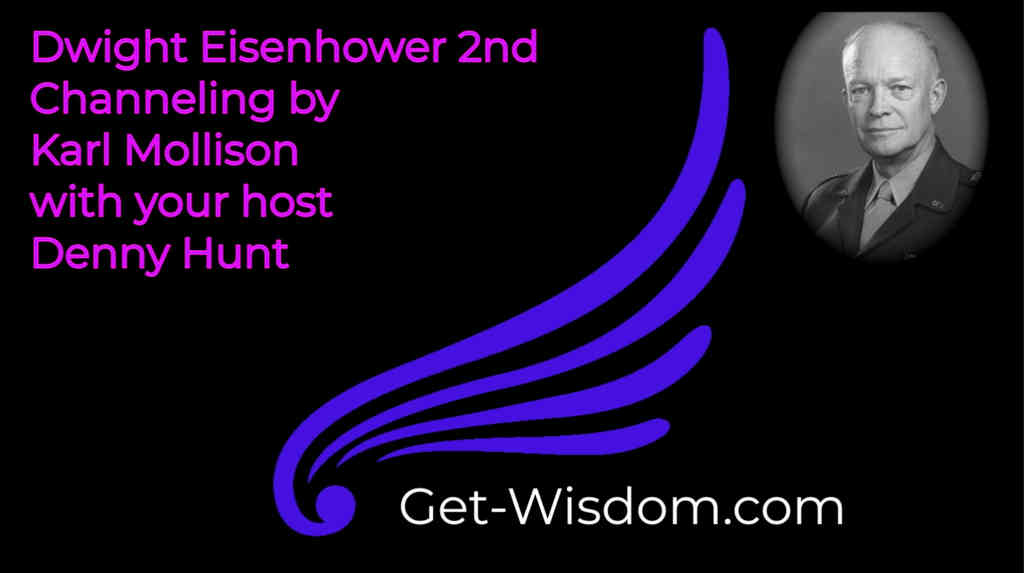
Queen Victoria Channeled by Karl Mollison 28May2019
From https://en.wikipedia.org/wiki/Queen_Victoria
and https://spartacus-educational.com/PRvictoria.htm
Queen Victoria 24 May 1819 – 22 January 1901) was Queen of the United Kingdom of Great Britain and Ireland from 20 June 1837 until her death. On 1 May 1876, she adopted the additional title of Empress of India.
Victoria was the daughter of Prince Edward, Duke of Kent and Strathearn, the fourth son of King George III. Both the Duke and the King died in 1820, and Victoria was raised under close supervision by her mother, Princess Victoria of Saxe-Coburg-Saalfeld. She inherited the throne at the age of 18, after her father’s three elder brothers had all died, leaving no surviving legitimate children. The United Kingdom was already an established constitutional monarchy, in which the sovereign held relatively little direct political power. Privately, Victoria attempted to influence government policy and ministerial appointments; publicly, she became a national icon who was identified with strict standards of personal morality.
Lord Melbourne was Prime Minister when Victoria became queen. Melbourne was fifty-eight and a widower. Melbourne’s only child had died and he treated Victoria like his daughter.
Queen Victoria and Melbourne became very close. An apartment was made available for Lord Melbourne at Windsor Castle and it was estimated that he spent six hours a day with the queen. Victoria’s feelings for Melbourne were clearly expressed in her journal. On one occasion she wrote: “he is such an honest, good kind-hearted man and is my friend, I know it.”
Queen Victoria’s cousin, Prince Albert of Saxe-Coburg, visited London in 1839. Victoria immediately fell in love with Albert and although he initially had doubts about the relationship, the couple were eventually married in February 1840. Their nine children married into royal and noble families across the continent, tying them together, earning her the sobriquet “the grandmother of Europe”, and spreading haemophilia to several royal families.
Prince Albert died of typhoid fever in December 1861.
After Albert’s death in 1861, Victoria plunged into deep mourning and avoided public appearances. As a result of her seclusion, republicanism temporarily gained strength, but in the latter half of her reign, her popularity recovered.
Her Golden and Diamond Jubilees were times of public celebration. Victoria continued to carry out her constitutional duties however, she completely withdrew from public view and now spent most of her time in the Scottish Highlands at her home at Balmoral Castle.
Victoria even refused requests from her government to open Parliament in person. Politicians began to question whether Victoria was earning the money that the State paid her.
Her reign of 63 years and seven months was longer than that of any of her predecessors and is known as the Victorian era.
Victoria spent the Christmas of 1900 at Osborne House on the Isle of Wight. Rheumatism in her legs had rendered her lame, and her eyesight was clouded by cataracts.
She died on Tuesday 22 January 1901, at half past six in the evening, at the age of 81. Her son and successor, King Edward VII, and her eldest grandson, Emperor Wilhelm II, were at her deathbed. Her favourite pet Pomeranian, Turi, was laid upon her deathbed as a last request.
In 1897, Victoria had written instructions for her funeral, which was to be military as befitting a soldier’s daughter and the head of the army, and white instead of black. On 25 January, Edward, Wilhelm and Prince Arthur, Duke of Connaught, helped lift her body into the coffin. She was dressed in a white dress and her wedding veil.









